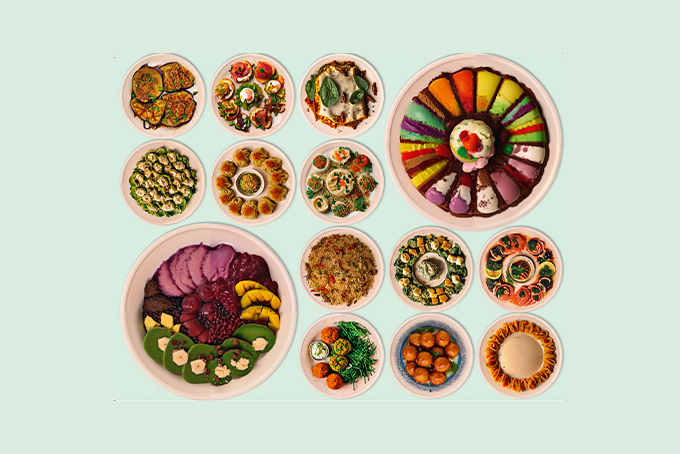Eat to live or live to eat? Whether one views food as the body’s fuel to survive, a divine amalgamation of flavour and texture to be relished or a shared activity fostering social connections, one unfortunate fact remains—the way we feed our population today is unsustainable for our planet. Our ever-expanding food production and distribution processes have caused mounting harm to the environment, from biodiversity loss to greenhouse gas emissions. A multi-course meal doesn’t end just there.
Bearing the brunt of extravagant consumption habits across the world are communities in central and South America as well as sub-Saharan Africa and Asia, who face continuous food shortages and ecological pillage—all while others savour their appetisers, entrees and petit fours. The way we feed our population today is unsustainable for our planet. But all hope is not lost.

Fusing design, craft and emerging technology, Amsterdam-based experience design studio Tellart ’s latest project demonstrates how new and ethical food systems can be cultivated. Aptly titled Dinner in 2050, this immersive artificial intelligence (AI) game allows participants to discover future alternatives of their favourite dish. First displayed at the 2023 United Nations Climate Change Conference in Dubai last December, the exhibition aims to serve as a digestible (pun intended) and thought-provoking reminder of the critical importance of sustainability.
“Stable Diffusion, an image-generating software that u.
















